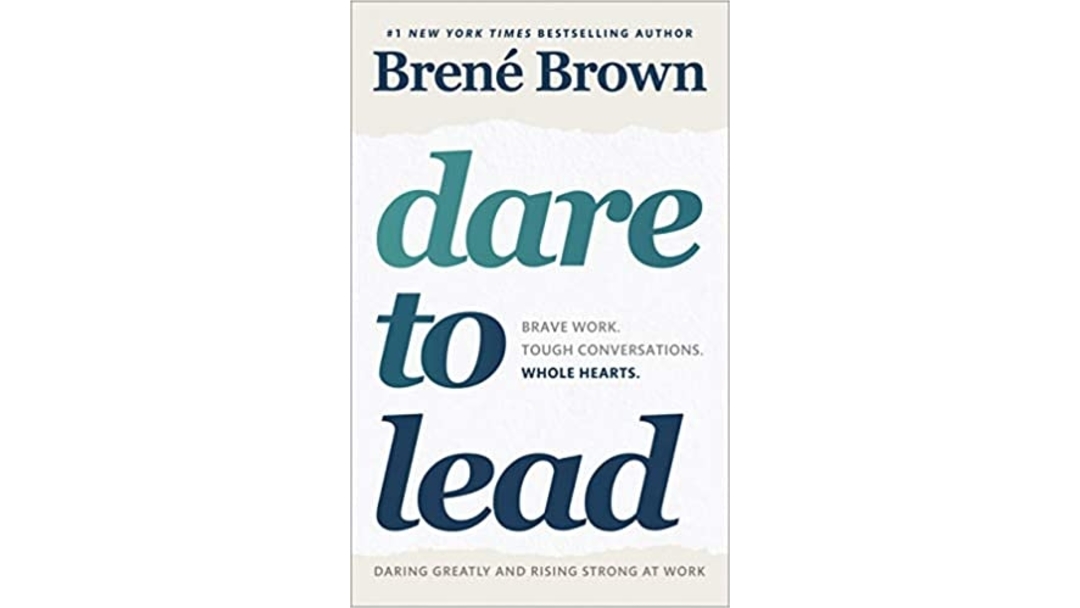Dare to Lead is about true leadership: tenacious, heartfelt, and gritted.
Any modern leader should read this book. In reality, it is a must-read for all. The principles, exercises and examples in this book are relevant first and foremost to our daily lives, then to our work, if we want to connect with life and live it fully and authentically.
Rumbling with Vulnerability is the first and most important component. Brown explores what vulnerability is, why it’s necessary, myths about vulnerability, using bravery to let our armour down as leaders, dealing with guilt, empathy, and confidence-driven curiosity.
The second section is called Living Our Values. Since values are so important to me, this was my favourite part of the book. This segment discusses our personal values, organisational values, and how to translate values into observable behaviors.
Braving Confidence is the book’s third section. This portion of the book is all about how to create trust as a leader and how to recognise how trust is earned over time and how quickly it can be lost. It also helps to dispel common myths people hold about leadership being for loud or extroverted people when in fact it is about active listening and being proactively involved with everyone around you.
Learning to Rise, the book’s fourth section, is all about resiliency. As a leader, one must be able to recognise emotion in themselves and others as well as be curious about emotions and being self-aware enough to recognise what is going on in our own and others’ emotional lives.
There are several helpful techniques in Dare To Lead that, if applied, will help you become a better leader. Including techniques for having tough conversations, increasing self-awareness, being mindful of our own and others’ beliefs, being aware of the stories we tell ourselves (the negative talk track or pesky inner critic we all have), and how to instill confidence and bravery in those you lead.
Dare To Lead is written in such a way that it sounds as though you’re conversing with Brown. She uses personal examples and poses open-ended questions in a coaching style to inspire the reader to consider how these situations apply to their own lives.
This book has brought to light the incredible opportunity that we all have to bring joy and justice to our workplaces and relationships. In the last line, Brené says: ‘I am not afraid of the term revolution. I’m concerned about a world that is becoming less brave and authentic.’ ‘If you own the script, you get to write it.’
Reviewed By: Umra Hayat, Market Research Analyst, Women in Tech forum
April 2021

